Surgical Complications
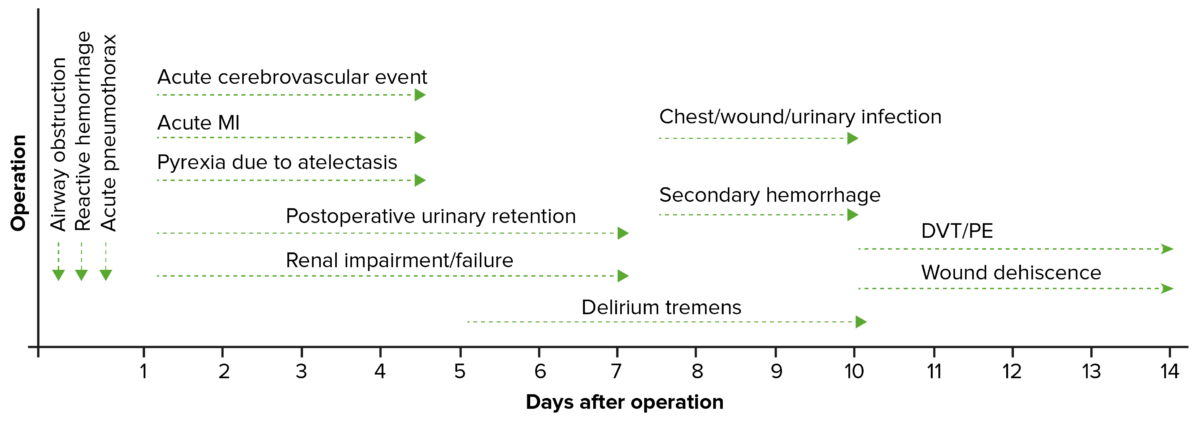
Overview Definition Surgical complications are conditions, disorders, or adverse events that can occur following surgical procedures. Classification Surgical complications are frequently classified according to when they occur in relation to the procedure: General complications The common and/or significant general complications include: Worrisome postoperative symptoms Symptoms that may indicate a serious complication can present in the […]
Basic Procedures
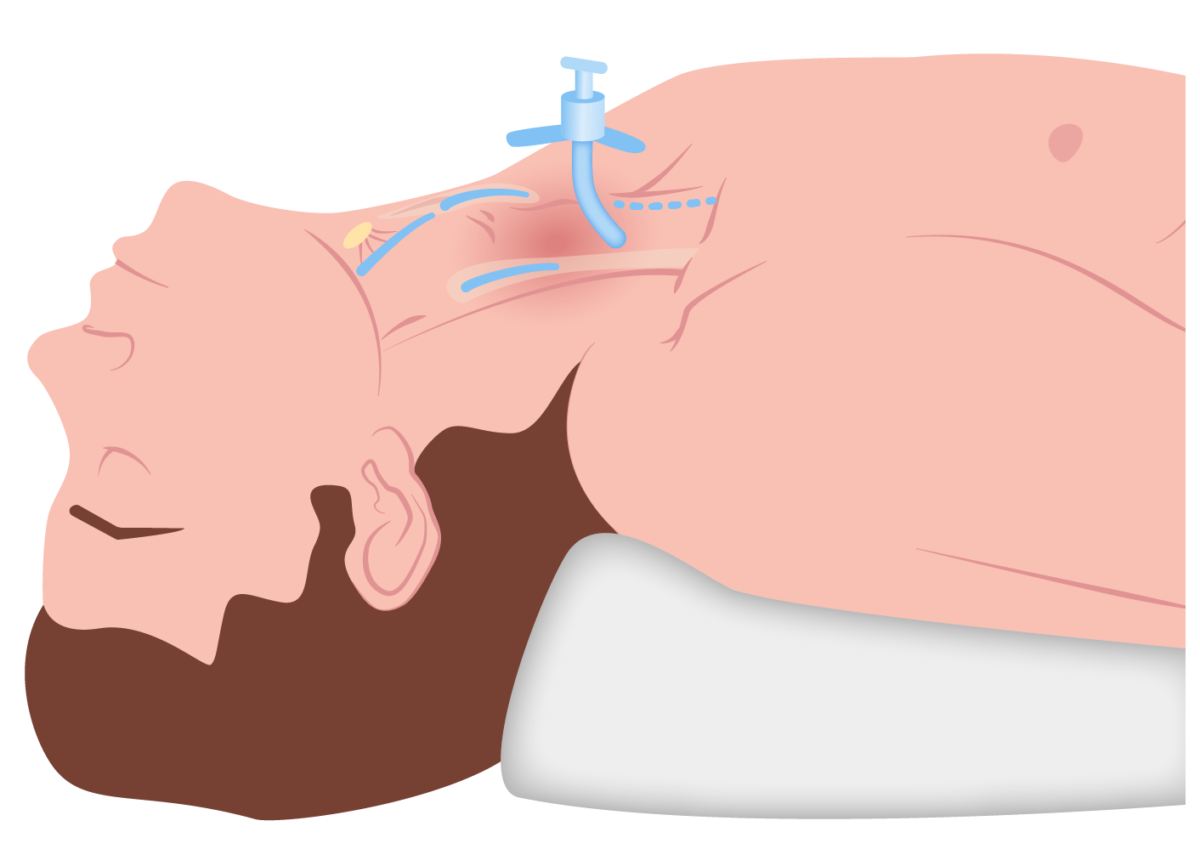
Cricothyroidotomy/Tracheostomy Definitions Therapeutic goal Achievement of a secure airway: Indications Cricothyroidotomy (critical care): Tracheostomy: Contraindications Absolute: Relative: Procedure Both procedures can be performed at the bedside; however, it is preferable for tracheotomies to be performed in the OR. Preoperative preparation: Cricothyroidotomy: Tracheostomy (Seldinger-type technique): Right after the airway is secured: Complications Paracentesis Definition Therapeutic goals […]
Vascular Surgery
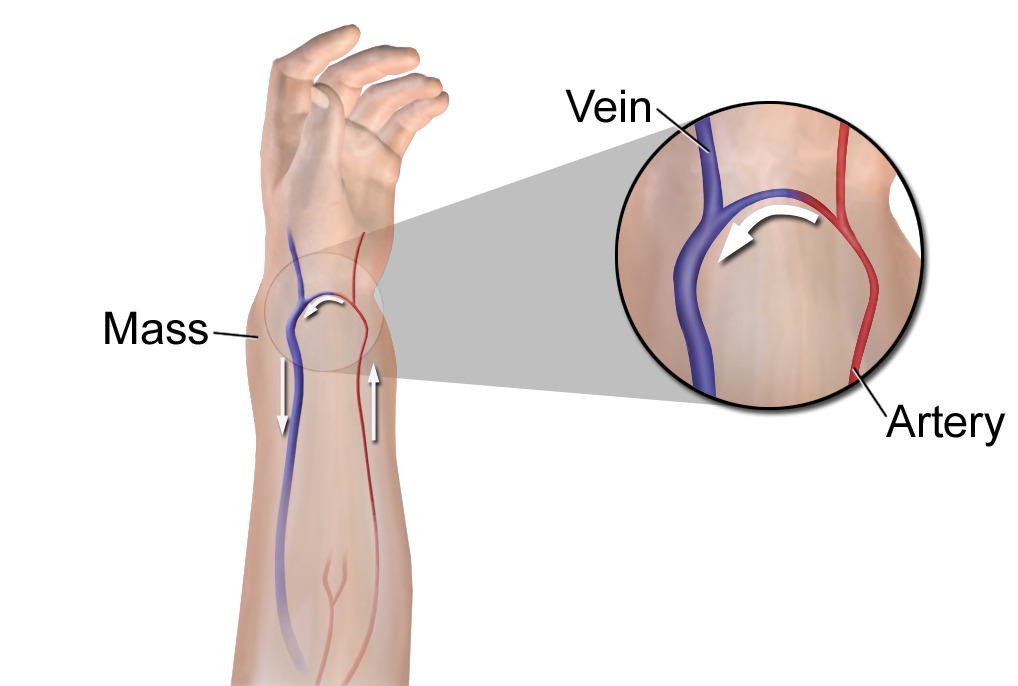
Arteriovenous (AV) Fistulas Definition An AV fistula is a surgically created anastomosis between an artery and a vein. This procedure is commonly performed for individuals with end-stage renal disease who require permanent vascular access for hemodialysis, although it may also be congenital. Indications Contraindications Procedure Preoperative care: In the OR: Operative care: Radiocephalic fistula (Brescia-Cimino […]
Cardiac Surgery
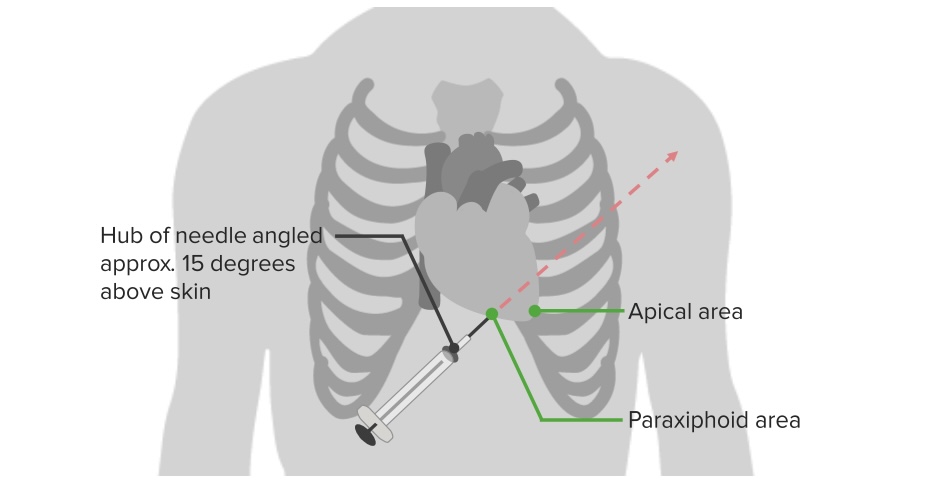
Anatomy of the Heart The operator needs to be familiar with the anatomy of the heart and surrounding structures, as well as vascular territories, to avoid damaging vessels and nerves and to achieve successful reperfusion of the tissues. General anatomy of the heart Chambers Valves Prevent retrograde flow, their closure produces heart sounds that can […]
Amputation
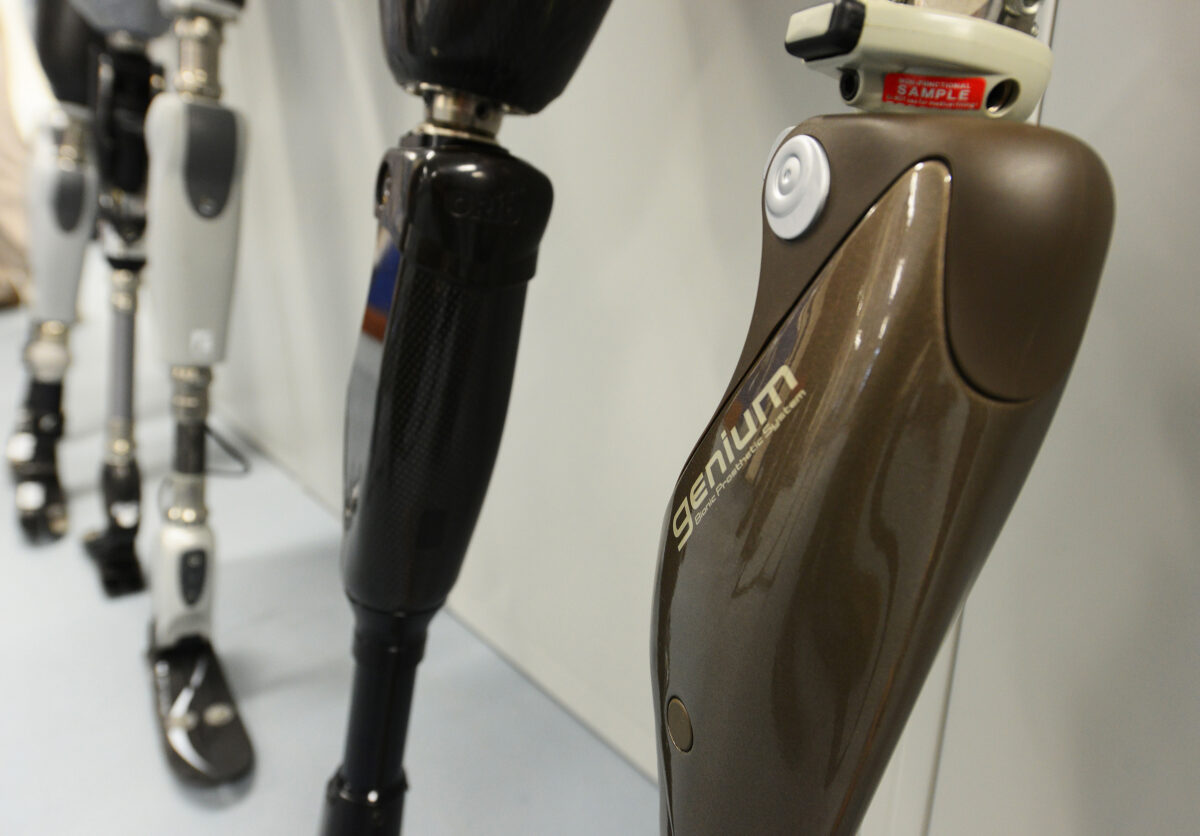
Terminology and Surgical Anatomy Definitions Anatomy The surgeon should be familiar with the anatomical landmarks and important corresponding structures (nerves, vessels) of the amputation site to avoid injury. As an amputation can be performed at any point along the length of the limbs, a review of the anatomy depends on the site that is selected: […]
Neurosurgery
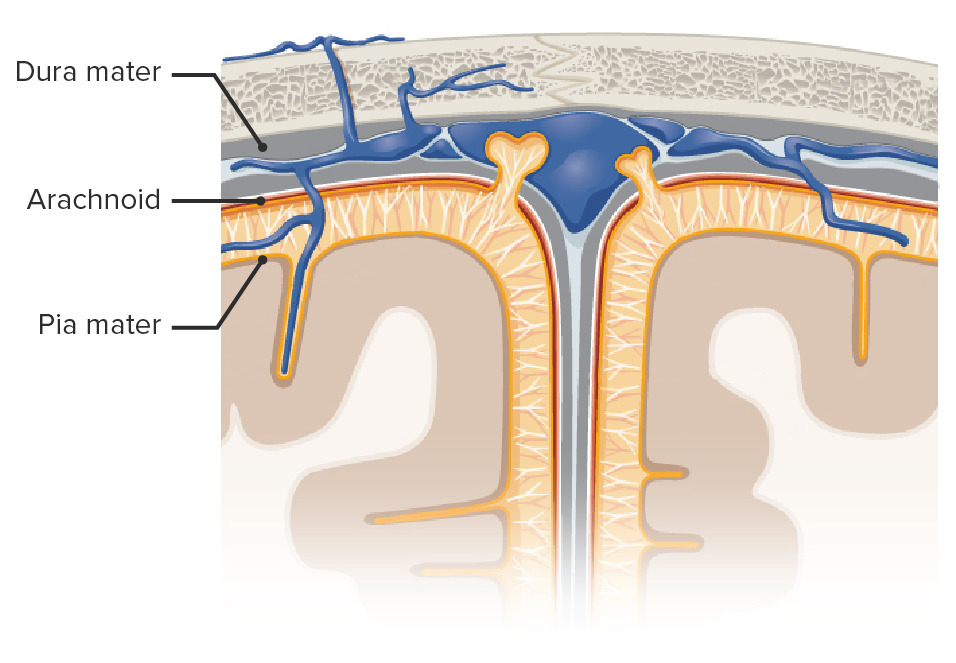
Anatomy The surgeon needs to be aware of the important structures at the site where the surgery occurs, being especially careful not to damage delicate neurovascular structures. Bones of the cranial dome Bones of the cranial floor Meninges Table: Meninges Layer Characteristics Epidural space Potential space between the dura mater and skull/vertebral column Contains blood […]
Surgical Anatomy of the Abdomen
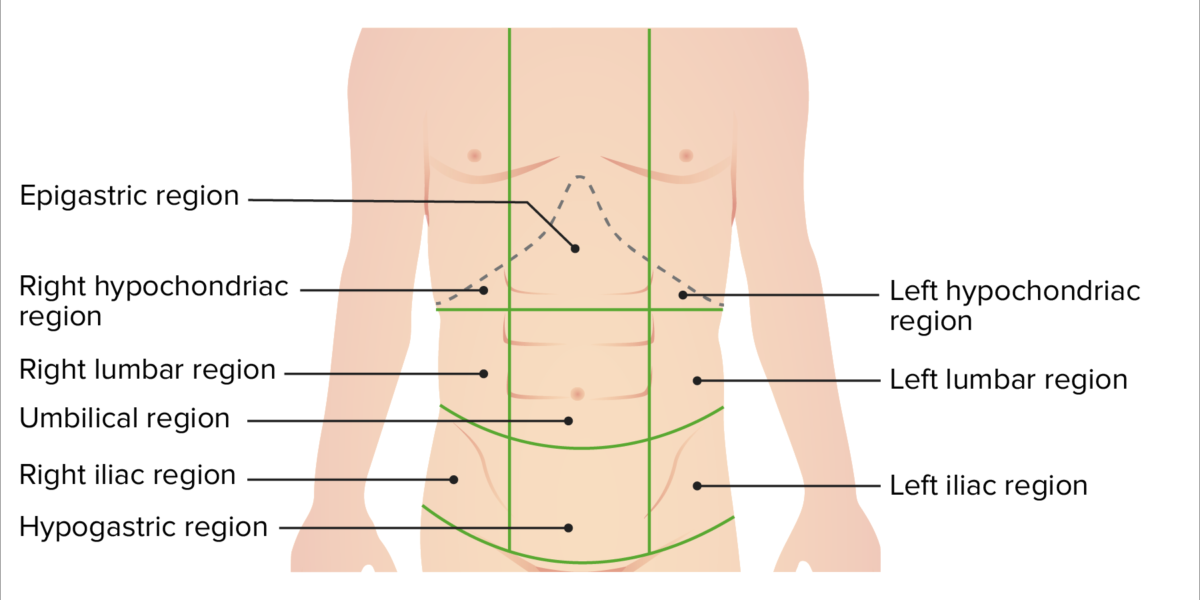
Surface Anatomy of the Abdomen Boundaries Superior: Inferior: Lateral: Landmarks Lines and planes The following divide the abdomen into its 9 regions: Regions of the abdomen Dermatomes Abdominal Wall Layers Relevant procedure Ventral herniorrhaphy: surgical repair of hernias of abdominal wall Right Hypochondrium The surgically relevant structures of the right hypochondrium include the liver and […]
Laparotomy and Laparoscopy
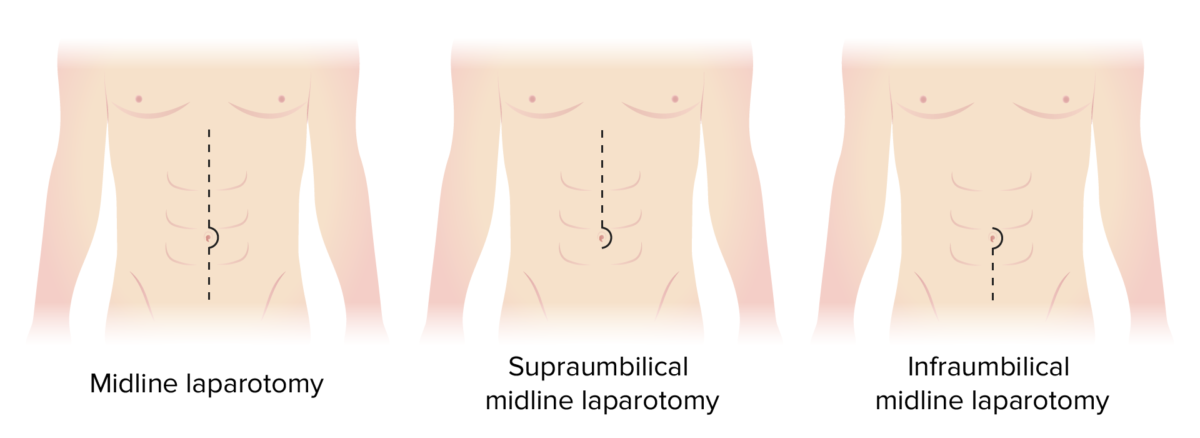
Abdominal Anatomy The surgeon must be familiar with the anatomical landmarks and important corresponding structures of the abdomen to avoid iatrogenic injury to these structures, especially in emergency situations. Surface anatomy Boundaries of the abdomen: Surface landmarks: The 4 quadrants of the abdomen: The abdomen is divided into 4 quadrants with the umbilicus in the […]
Surgical Site Infections
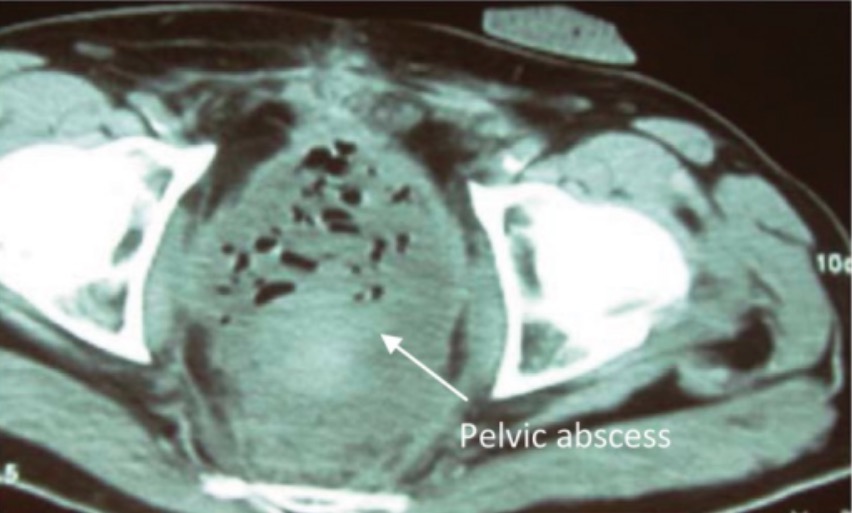
Overview Definition Surgical site infection (SSI) is an infection that occurs at or near a surgical incision or deep to it within 30 days of the procedure or within 90 days if prosthetic material is implanted. Classification of surgical site infections Classification of surgical wounds Surgical wounds are classified from clean to dirty on the […]
Surgical Infections
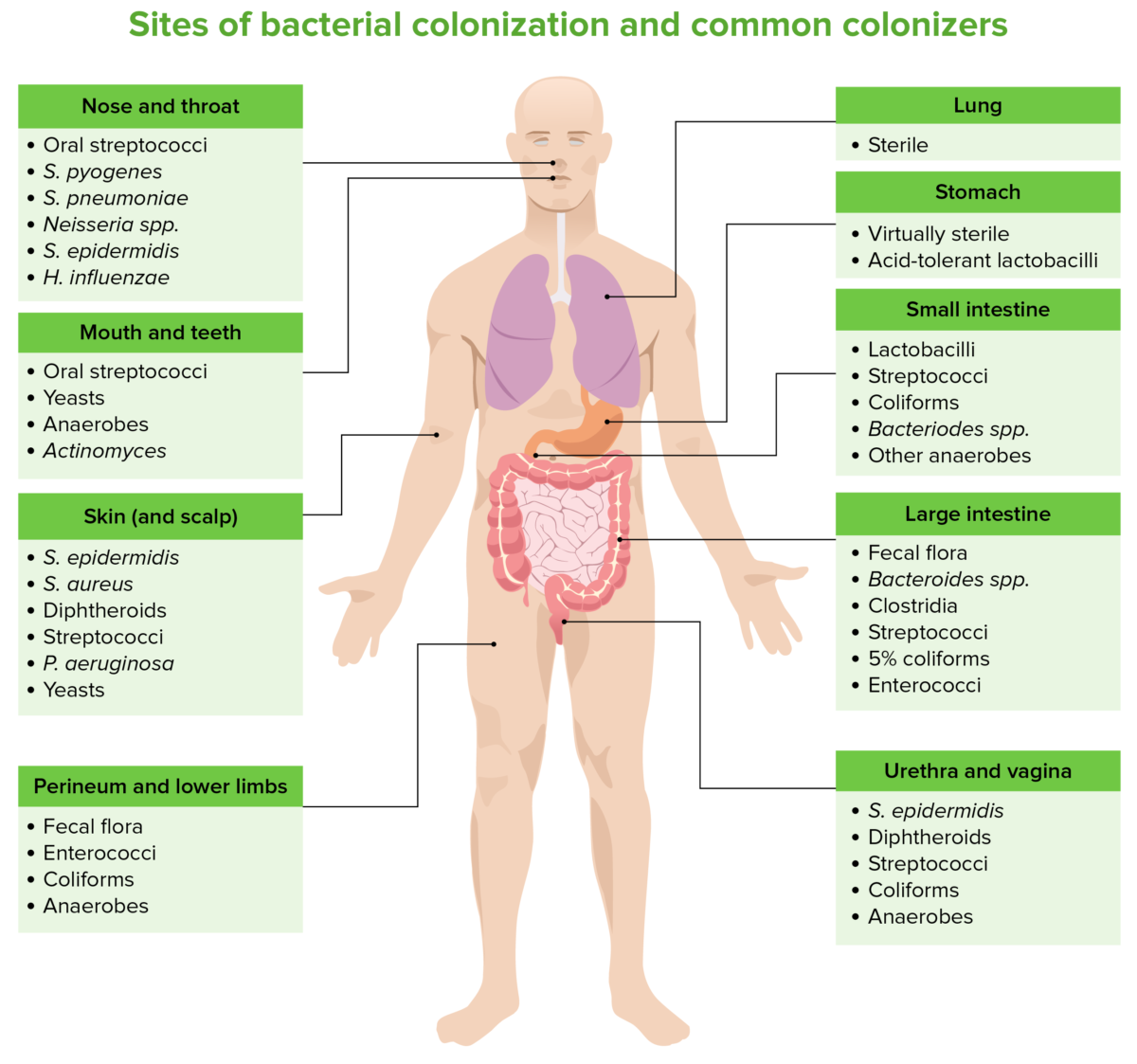
Overview Definition Surgical infection is a clinical disorder that manifests when the virulence factors of a microorganism introduced during surgical procedures overcome the innate and adaptive immune responses of the host. Types of surgical infections Risk factors Etiology and Pathophysiology Etiology Several factors make patients who have undergone surgery particularly susceptible to nosocomial infections: Pathophysiology […]